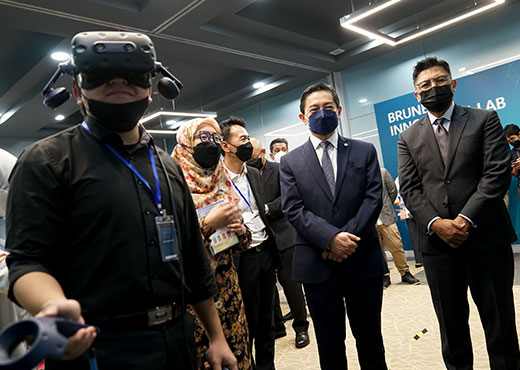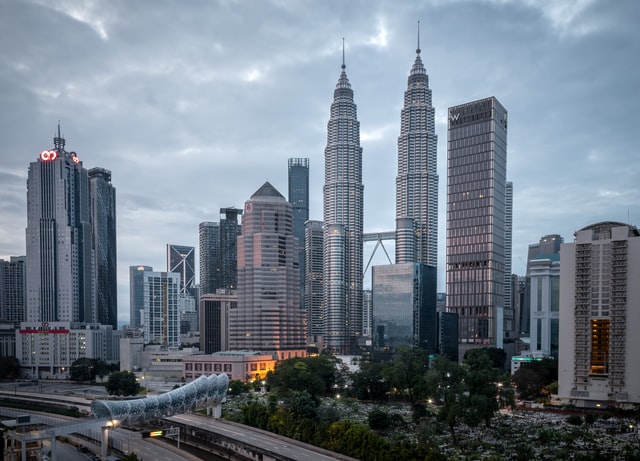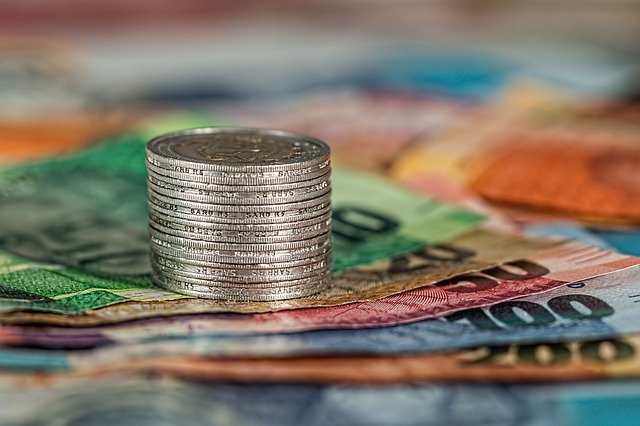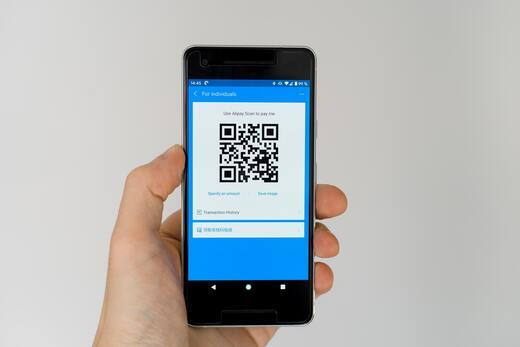Asia is likely to experience exponential growth in food demand—and consequently spending on food—in the coming decades. According to a report titled “The Asia food challenge: Understanding the new Asian consumer,” by 2030, consumers will be actively driving USD 2.4 trillion of Asia’s projected USD 4.4 trillion increase in food spending. Southeast Asia is expected to account for one of the continent’s greatest increases in food expenditure, which is growing at a compound annual growth rate (CAGR) of 4.7%
Part of Asia’s growing food demand stems from a higher consumption of meat and seafood. From 1961 to 2018, the daily protein intake of meat and animal products per capita in Asia increased by over 600%. Growing populations, higher incomes, and increasing urbanization will drive a 78% increase in meat and seafood demand from 2017 to 2050.
Traditional methods of livestock production are neither sufficient nor sustainable to meet this increasing demand for food. Currently, the livestock sector is responsible for 14.5% of global greenhouse gas emissions. Increasing traditional production of livestock would only worsen the climate crisis.
Therefore, advances have been made in foodtech, especially in the alternative proteins space, as technology startups look for more sustainable and healthier ways to feed the world.
Meat from plants and labs
There are several types of alternative proteins, namely plant-based “meats” made from soybeans, fruits, or other crops, cultivated meats that are grown in laboratories, and proteins derived from insects. The production of these types of proteins is typically less resource-intensive than traditional livestock production, and the adoption of alternative proteins can reduce agricultural emissions by up to 60%.
The environmental and business potential of alternative proteins have led to more resources being devoted towards R&D for plant-based and lab-grown food. In a survey conducted by Economist Impact for a report, 26% of agrifood business leaders said they would be interested to adopt technologies in alternative proteins over the next five years. In 2020, the plant-based meat and cultivated meat industries raised USD 2.1 billion and more than USD 360 million in investments, respectively.
Within Southeast Asia, most of the business activity around plant-based and cultivated foods has been concentrated in Singapore. Recently, Singapore-based venture capital firm Good Startup raised a USD 34 million fund for investments in alternative protein. Next Gen Foods, known for their plant-based chicken products, made global headlines in February this year after raising USD 100 million, the biggest Series A funding round ever raised by a plant-based meat company.
Karana was the first to introduce plant-based pork to Asia by creating plant-based alternatives to popular Chinese foods like char siu bao (steamed buns with barbecue pork filling) and dumplings using jackfruit. Umami Meats focuses on creating cultivated seafood that is free from heavy metals, microplastics, and antibiotics, which serve as sustainable alternatives to endangered species such as the Japanese eel.
Singapore’s plant-based meat sector has given rise to manufacturing platforms for large-scale production. These platforms provide the common underlying infrastructure for a multitude of users, allowing them to share equipment to develop complementary products and services. SGProtein, a contract manufacturing platform for meat analogues, allows fledgling companies to scale their production quickly, making it easier for entrepreneurs to enter the market without setting up their own facilities. Similarly, FoodPlant, Singapore’s first shared facility for small-batch food production, provides companies with equipment to trial new food products for early market testing, speeding up the food innovation process.
Alternative, yet familiar, proteins
Another source of alternative proteins, albeit one less discussed, are insects that are high-fiber, high-protein foods. Compared to conventional livestock, insects require less feed, grow and reproduce quickly, and are more efficient in turning their food into energy. The process of rearing and harvesting insects also produces less waste and emits smaller volumes of greenhouse gases, resulting in a much smaller carbon footprint compared to livestock farming.
Vietnamese startup Cricket One has developed a cricket-farming system that can process crickets into protein-rich ingredients for food manufacturers. Malaysian startup Ento has a direct-to-consumer approach. Not only does it process crickets and larvae into snacks and cookies, the company has also developed an insect-based burger patty.
So far, insect-based proteins have not been widely accepted among consumers in Asia, even in some Southeast Asian countries, where insects are considered traditional foods. Consumer attitudes on insect-based food products vary widely between rural and urban populations.
Insects can also be a sustainable source of agricultural materials and biomaterials. Singapore-based Insectta rears black soldier flies through a zero-waste method. They utilize food waste as feed for the black soldier fly maggots, which can be turned into animal feed. Excrement from the maggots can be converted into agricultural fertilizer. Insectta has also found a way to process the exoskeletons of black soldier flies into a sustainable source of biomaterials that are used in a variety of pharmaceutical and cosmetic products.
Designing the same food, but better
In the foodtech industry, 3D food printing is another emerging field that deserves some attention. A 3D printer can be used to produce food materials in a paste or gel form. Through this technology, food can be personalized to the nutritional needs and preferences of consumers.
For example, Singaporean startup Anrich3D is looking to provide consumers with pre-packaged, ready-to-eat meals that can be tailored to the consumer’s profile.
3D printing can also be used to customize the nutritional value of food. For example, researchers have found a way to 3D-print chocolate to reduce its sugar content. This technology’s ability to customize the flavor of food and its nutritional content can revolutionize the way people, particularly the elderly and frail hospital patients, consume food.
Researchers from the Singapore University of Technology and Design have been working with Khoo Teck Puat Hospital to create nutritious and visually appealing 3D-printed purée meals for the elderly and hospital patients who have trouble swallowing food. As Asia’s population ages rapidly, 3D food printing could become an invaluable tool for older generations.
Challenges to overcome
The market for plant-based meat in the Asia Pacific region is expected to swell by 25% from 2020 to 2025, with increases of up to 200% in China and Thailand. In all, 75% of Asia Pacific consumers are willing to pay for plant-based meat if the price is similar to that of regular meat. Despite their market potential, Asia’s foodtech companies are facing challenges such as high costs, scalability, and government regulations.
Mainstream consumer acceptance of plant-based proteins primarily comes down to taste and texture. On top of the cost factor, most consumers would typically only consider switching to plant-based meats if the flavor profile is on point. This is due to changing demographics in Asia, where there is a growing middle class of younger and educated consumers who expect high-quality food.
The alternative proteins industry also faces many regulatory barriers and long approval processes in many countries. Although Singapore has launched a few manufacturing platforms, there is still a considerable lack of infrastructure in Southeast Asia for alternative proteins to be produced at scale. Many of the commercially available alternative protein products have to be priced higher than regular meat to cover the higher costs of production.
While higher consumer demand can improve the economies of scale for alternative protein production, there has to be adequate infrastructure in order to meet the increased demand. This issue needs to be resolved for alternative proteins to become a truly viable food alternative in the region.
The foodtech industry has created, and continues to churn out, new and innovative methods of producing food. Despite the recent advances, there is still some way to go before these novel foods can feed the world.
Source: KrASIA
Written by Deloitte Southeast Asia Innovation Team
Read the original article HERE
























